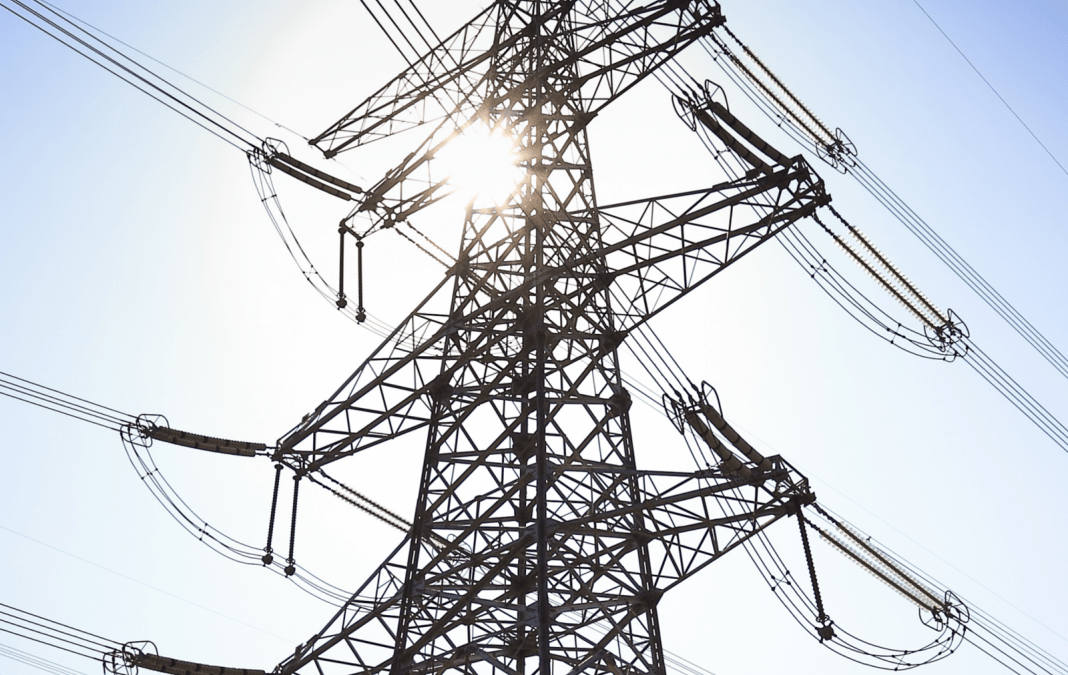The preparation of a pilot project is underway in Russia to subsidize electricity costs to cryptocurrency mining farm owners, according to local publications. Meanwhile, interest in bitcoin, ether, and mining have been growing significantly this year.
Also read: Russia Discusses Starting Cryptocurrency Mining With Its 20+ Gigawatt Surplus
Pilot Project Benefiting Cryptocurrency Miners
The Institute for Internet Development (IRI) and the Russian Association of Blockchain and Cryptocurrency (RABIK) are reportedly working on a pilot project to subsidize electricity costs related to cryptocurrency mining. IRI director of project activities Arseny Shcheltsin told daily newspaper Izvestiya this week that mining farm owners would receive discounts on electricity but did not disclose the actual location of the project.
The two organizations believe, as reported by the publication:
In addition to the legalization of cryptocurrency in Russia, it is necessary to create the most favorable conditions for the work of miners.
 While the IRI’s goals are focused on the development and operation of modern technologies in Russia, RABIK was created to unite blockchain technology participants and owners of cryptocurrencies, including miners and ICO project investors, according to RNS news service. RABIK’s creation was announced at the end of August by Herman Klimenko, Vladimir Putin’s internet advisor.
While the IRI’s goals are focused on the development and operation of modern technologies in Russia, RABIK was created to unite blockchain technology participants and owners of cryptocurrencies, including miners and ICO project investors, according to RNS news service. RABIK’s creation was announced at the end of August by Herman Klimenko, Vladimir Putin’s internet advisor.
Interest in cryptocurrency mining has been growing in Russia, along with interest in cryptocurrencies themselves, such as bitcoin and ether. News.Bitcoin.com recently reported on Russian Miner Coin, a company co-owned by another advisor to Putin, working on a large scale bitcoin mining operation in Russia. Meanwhile, the government is discussing starting its own cryptocurrency mining centers.
Subsidizing Electricity Costs
Professional mining farms need cooling solutions which require a lot of electricity, Izvestiya noted, adding that:
The largest cryptocurrency farm in Russia consumes in aggregate 4.5 mWh, or 3240 mW per month. The cost of 1 kWh depending on the region is from 2 rubles to 5.3 rubles.
 As of early this year, the largest cryptocurrency farm in the country requires energy costs at a level of at least 6.4 million rubles per month when using the lowest electricity rate available, Izvestiya detailed. The farm more than makes up for its costs, however. “According to data at the beginning of 2017,” the news outlet noted, “this farm brought its owners about 20 bitcoins per day (1 bitcoin = 270,000 rubles), or 600 bitcoins per month.”
As of early this year, the largest cryptocurrency farm in the country requires energy costs at a level of at least 6.4 million rubles per month when using the lowest electricity rate available, Izvestiya detailed. The farm more than makes up for its costs, however. “According to data at the beginning of 2017,” the news outlet noted, “this farm brought its owners about 20 bitcoins per day (1 bitcoin = 270,000 rubles), or 600 bitcoins per month.”
According to Shcheltsin, “there are many idle production capacities in Russia.” He explained that their mining use will allow “power plants to reach the designed capacity, which means that they will increase their efficiency,” Izvestiya conveyed. The IRI director also asserted that this will allow Russia to become a leader in cryptocurrency mining.
Using Special Economic Zones
Shcheltsin believes that it will be possible to provide these discount privileges using a special order of regulation for Special Economic Zones (SEZs). These zones are established by the government to attract foreign direct investments and the privilege lasts 49 years.
One region in Russia that has been trying to attract cryptocurrency miners is Kaliningrad. Last week, the head of Kaliningrad Region Development Corporation, Vladimir Zarudny, explained how the region’s SEZ is ideal for cryptocurrency mining. He believes that by 2018 cryptocurrencies will be legalized in the country. A Google analysis revealed that Kaliningrad is the region in Russia with the largest increase in mining-related search queries.
Do you think bitcoin miners should have their electricity costs subsidized in Russia? Let us know in the comments section below.
Images courtesy of Shutterstock
Need to calculate your bitcoin holdings? Check our tools section.














